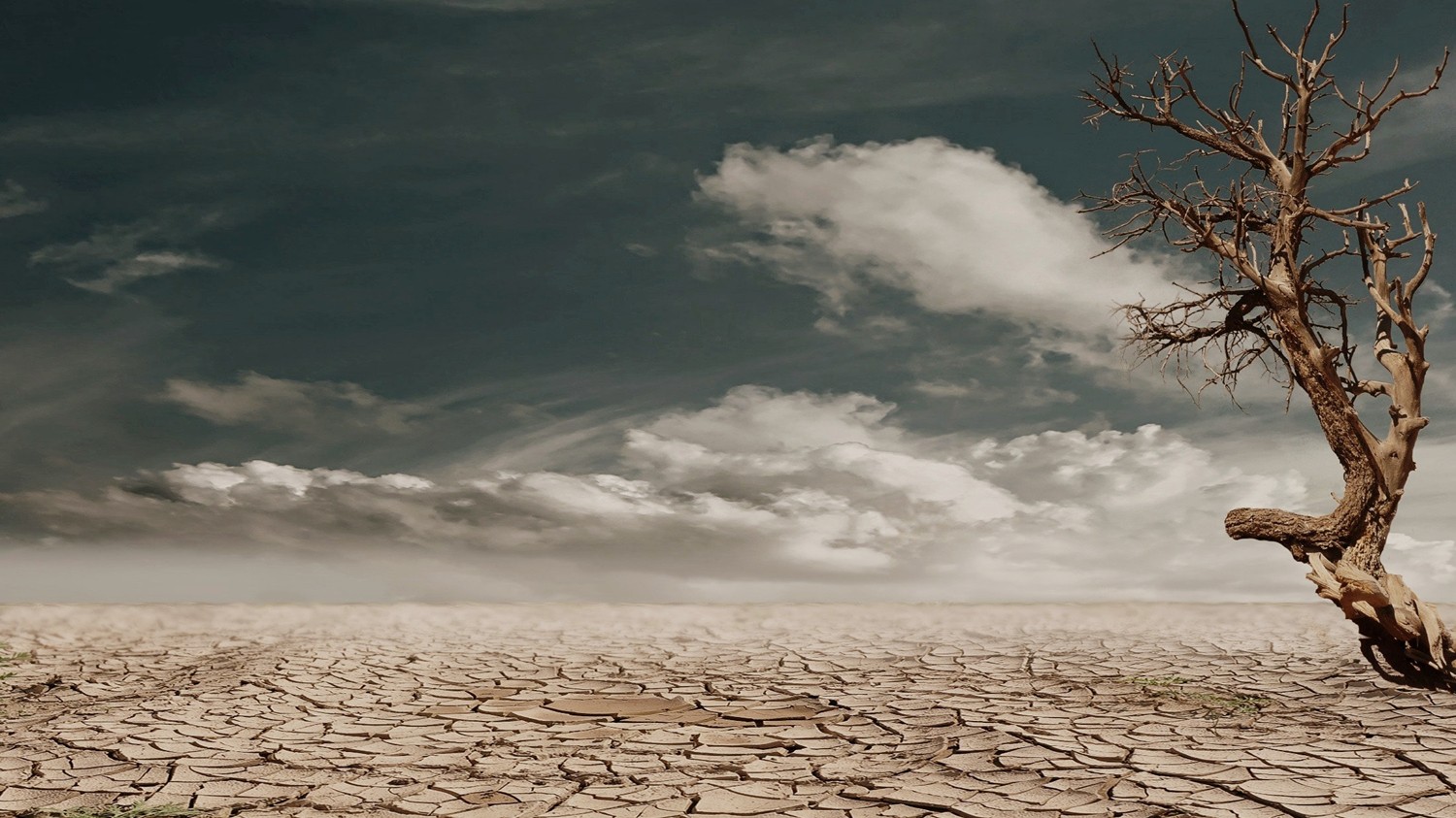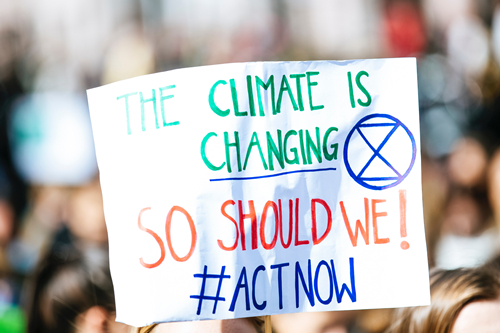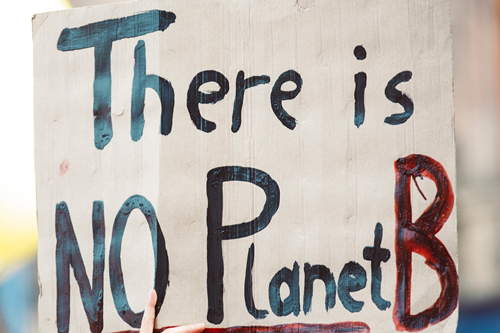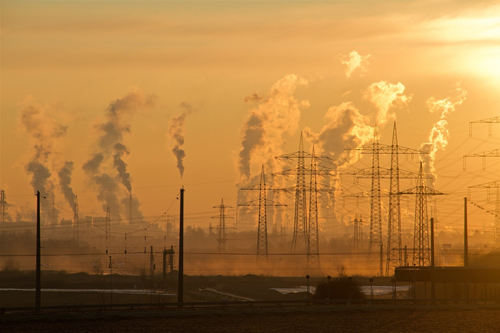
A Little Change for The Diapers, A Big Change for The World | Eco Boom Baby Bamboo Diapers and Wipes Manufacturer
A Little Change for The Diapers, A Big Change for The World | Eco Boom Baby Bamboo Diapers and Wipes Manufacturer

Scientists are sounding the alarm once more that climate change is still a great threat to human health in recorded history.
People around the world are witnessing firsthand how climate change can wreak havoc on the planet. Steadily rising average temperatures fuel increasingly intense wildfires, hurricanes, and other disasters that are now impossible to ignore. And while the world has been plunged into a deadly pandemic, scientists are sounding the alarm once more that climate change is still a great threat to human health in recorded history.
Here’s a look at the ways that climate change can affect your health—including some less obvious but still insidious effects.



Air pollution
Climate change is caused by an increase of carbon dioxide and other greenhouse gases in Earth’s atmosphere, mostly from fossil fuel emissions. But burning fossil fuels can also have direct consequences for human health. That’s because the polluted air contains small particles that can induce stroke and heart attacks by penetrating the lungs and heart and even traveling into the bloodstream. Those particles might harm the organs directly or provoke an inflammatory response from the immune system as it tries to fight them off. Estimates suggest that air pollution causes anywhere between 3.6 million and 9 million premature deaths a year.
Climate change is also causing wildfires to get worse, and wildfire smoke is especially toxic. As one recent study showed, fires can account for 25 percent of dangerous air pollution in the U.S. The smoke contains particles of everything that the fire has consumed along its path—such as harmful chemicals. These particles are tiny and can penetrate even deeper into a person’s lungs and organs.
Extreme heat
A study claimed that more than a third of heat-related deaths to climate change. The human body was not designed to cope with temperatures above 98.6°F. Heat can break down muscles.
If you’re exposed to extreme heat for too long and are unable to adequately release that heat, the stress can cause a cascade of problems throughout the body. The heart has to work harder to pump blood to the rest of the organs, while sweat leeches the body of necessary minerals such as sodium and potassium. The combination can result in heart attacks and strokes.
Dehydration from heat exposure can also cause serious damage to the kidneys, which rely on water to function properly. Studies have also drawn links between higher temperatures and preterm birth and other pregnancy complications. It’s unclear why, but one hypothesis is that extreme heat reduces blood flow to the fetus.
Food insecurity
One of the less direct—but no less harmful—ways that climate change can affect health is by disrupting the world’s supply of food.
Climate change both reduces the amount of food that’s available and makes it less nutritious. According to a report, crop yields have already begun to decline as a result of rising temperatures, changing precipitation patterns, and extreme weather events. Meanwhile, studies have shown that increased carbon dioxide in the atmosphere can leech plants of zinc, iron, and protein—nutrients that humans need to survive.
Malnutrition is linked to a variety of illnesses, including heart disease, cancer, and diabetes. It can also increase the risk of stunting, or impaired growth, in children, which can harm cognitive function.



Infectious diseases
As the planet gets hotter, the geographic region where ticks and mosquitoes like to live is getting wider. These animals are well-known vectors of diseases such as the Zika virus, dengue fever, and malaria. As they cross the tropics, mosquitoes and ticks bring more opportunities for these diseases to infect greater swaths of the world.
There are also several ways in which climate change is increasing the risk of diseases that can be transmitted through water, such as cholera, typhoid fever, and parasites. Sometimes that’s fairly direct, such as when people interact with dirty floodwaters.
Mental health
A common result of any climate-linked disaster is the toll on mental health. Extreme weather events such as wildfires and hurricanes cause so much stress and anxiety that people can lead to post-traumatic stress disorder and even suicide in the long run.
Further, the effects of climate change don’t occur in isolation. At any given time, a community might face air pollution, food insecurity, disease, and extreme heat all at once.
Copyright © 2019 XIAMEN MK HEALTH CARE PRODUCT CO., LTD . | All Rights Reserved
We are here to help you! If you close the chatbox, you will automatically receive a response from us via email. Please be sure to leave your contact details so that we can better assist